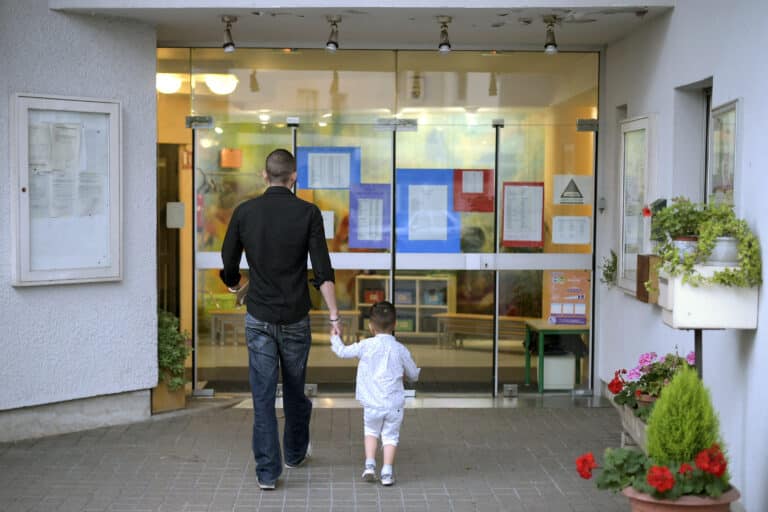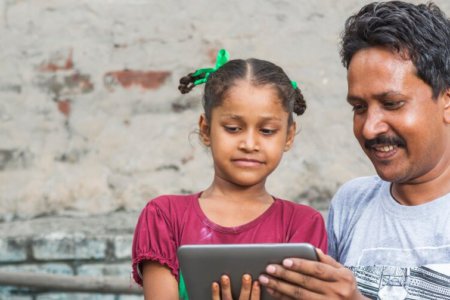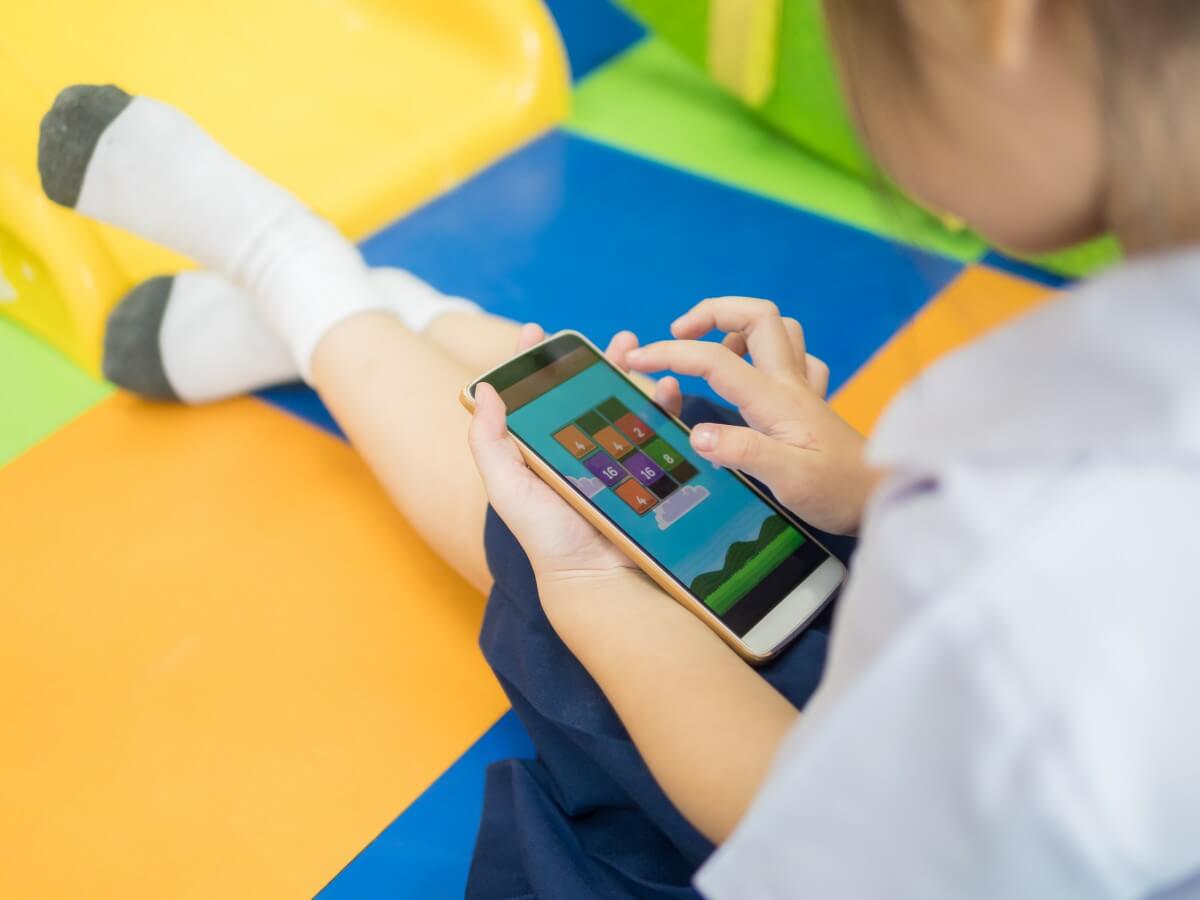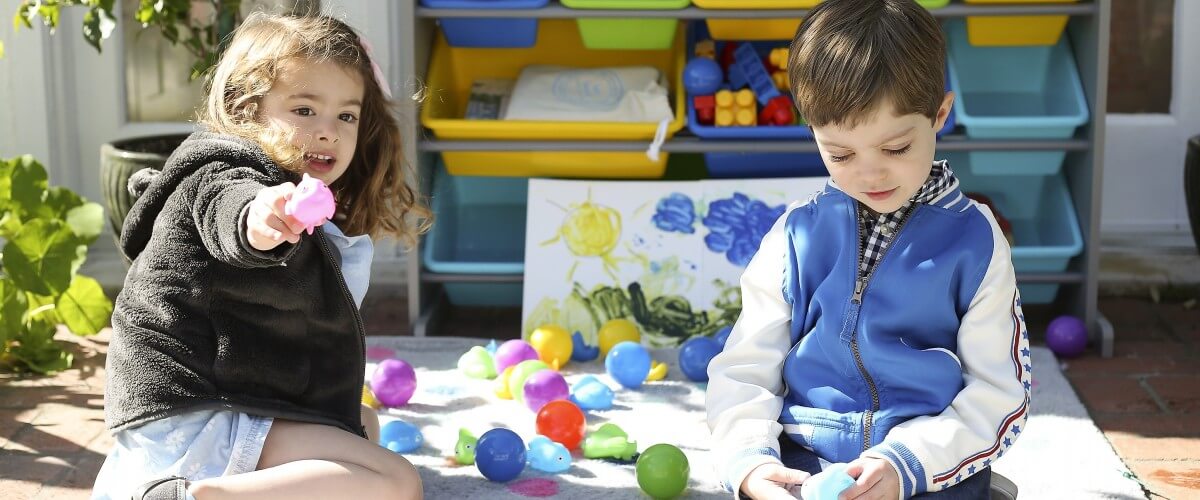
Education is changing as we know it.
Over the past decade, we’ve seen teaching shift in ways we could have never imagined. New technology, innovative methods, diversity, and inclusivity have driven educators to adapt. Classrooms have changed, learning is more personalised, and standardised testing is taking a back seat.
It’s happening everywhere in the world, from the early stages of childhood education up to postgraduate studies.
You may ask then – which country has the best education system?
A popular answer is Finland.
The country is known for its top-class education quality. Finland was ranked first in the 2022 World Economic Forum’s Global Competitiveness Report for Education, and many have noted it to be the country with the best education system in the world.
One factor behind this claim is Finland’s high Programme for International Student Assessment (PISA) scores, which show Finnish students perform better than average in various subjects.
There are many reasons for this success.
Finland offers free education, even keeping universities state-funded for international students. The beautiful country is home to several high-ranking institutions, such as the University of Helsinki, Aalto University, the University of Turku, and more. To top it all off, student healthcare is free.

Santa Claus, a resident of Rovaniemi, Finland, probably experienced the best of Finnish early childhood education too. Source: AFP
However, there is one underlying factor that sets the foundation for success, and that is Finland’s early childhood education.
Here, children learn by playing – they spend hours playing outside and socialising with each other. They have little to no homework, and teachers spend only a few hours at school compared to teachers from other countries.
In Finland, teaching is a highly respected profession, and educators are required to hold up to a master’s in education, along with additional qualifications in social welfare and healthcare. Early educators, in particular, must be highly qualified, even undergoing extra practical training and extensive courses to ensure their students’ holistic development.
Take a look at HEI Schools, an early childhood education centre from Finland.
They are an international school teaching children to grow in a stress-free environment using a play-based approach. The children learn not only academic skills but also life skills through play and real-life experiences. Instead of taking tests and exams, qualified teachers monitor and assess children’s progress in small classrooms.
The school adopts a research-based model developed with the University of Helsinki. Under their roof, childhood is a valuable chapter in life, and emphasis should be placed on their overall growth, development, and well-being rather than just focusing on academics. It’s an all-inclusive approach that helps young children naturally develop creativity and curiosity, along with self-expression.
HEI Schools have established their success with early childhood education and development, opening branches globally in countries like China, Indonesia, South Korea, Japan, and more.
Their most recent grand launch was their branch in Cyberjaya, Malaysia, bringing the Finnish play-based HEI Schools Curriculum to the country for the first time ever. The school is situated in a 45,000 sq ft resort, with large open areas covered in lush greenery and dedicated play areas for children to learn outside.
There are several other spaces in the school, such as the HEI Downbeat, where children can nap and rest without distractions, and the HEI Workshop, where they have arts and crafts along with free play activities.
“We believe that the first six years of a child’s life are the most crucial for their development,” says Syahirah Hanim Jermadi, Director of Operations for HEI Schools Cyberjaya and co-founder of Axon Children’s Centre in Malaysia, a one-stop centre for early learning and child development. “In those years, a child’s sole occupation is to play, and through play comes the learning of new skills essential for personal-social growth.
“The alarming decline of play has been detrimental to child development and has resulted in poor emotional resilience, lack of self-control, and even depression, requiring the attention of child specialists such as psychologists, psychiatrists, and occupational therapists,” says Jermadi.
But HEI Schools Cyberjaya is prepared for this — it has a dedicated child therapist, complete with a comfortable therapy room for children to get the support they need.
Jermadi is confident the Finnish curriculum for early education will lay the foundation for happier and more successful children.

Children need a firm foundation as they embark on their learning journey, as a quality education will set the pace for future academic and personal success. Source: AFP
Early childhood education matters
With all the emphasis on universities and colleges, sometimes it’s good to remind ourselves that early childhood education is where learning truly begins.
Early childhood education plays a crucial role in quality education. Studies have shown that investing in a good early education pays off in the long run – it leads to better educational outcomes for children and leaves a positive impact on society as a whole.
It’s more than just being academically good. High-quality early childhood programmes promote healthy development and provide opportunities for children to learn beyond the books.
Things that we consider basic, such as interacting with others, solving a problem, or processing a situation, are still things that children must learn with experience. There is no exact way to teach a child how to speak to another person without having them try it out for themselves.
After all, children learn best by doing, and with their eager little souls comes a naturally curious nature.
“Why?” is probably the most common word from a child’s mouth. Granted, most of us probably have been annoyed by a child asking that too many times. If you aren’t used to a child’s bubbling curiosity, things can be hard to handle.

Play-based learning is a big part of Finnish early childhood education. Source: AFP
It’s true, however, that natural curiosity is one of the main driving forces behind a child’s development.
By providing them with the means to explore and express themselves in early childhood education centres, their curiosity will lead them to learn more about themselves and the world around them.
“Children are born inquisitive, especially when they start to wonder about their surroundings and environment,” says Saadet Aybeniz Yıldırım, a clinical psychologist at Üsküdar University NP Etiler Medical Center.
“As clinical observations show, learning can happen much better if there is curiosity,” says Yıldırım. “Knowledge-oriented learning emerges when the sense of curiosity is active. When the feelings of curiosity are reinforced from the moment children are born, the information stays with them more permanently.”
In a setting surrounded by people their age and supervised by qualified professionals, children can begin to understand appropriate behaviours and learn right from wrong. They will learn to build relationships with their peers and express themselves creatively through play.
As a result, children who receive high-quality early childhood education will likely demonstrate improved cognitive outcomes. Parents may see their children excel in areas such as proficiency in language and word abilities, good math and counting skills, along with good self-confidence and a readiness to learn.
They will be able to socialise well as they move on to higher education, learning about communication, cooperation, and empathy as a whole.

A good early childhood education allows children to learn by doing, where they’ll pick up the social skills they need for the future. Source: AFP
Three top-ranked early childhood education programmes
Most early childhood education centres and preschools offer a tailored curriculum for students. It could be based on a certain approach or an educational philosophy.
For example, HEI Schools Cyberjaya in Malaysia offers the Finnish method of early education by learning through play but also provides students with optional classes commonly taken by local students, such as Chinese language classes, Bahasa Malaysia classes, Moral classes, and more.
There are a variety of other early education programmes available and parents can consider these based on their child’s needs.
-
Reggio Emilia
The Reggio Emilia approach originated in northern Italy and was developed by Loris Malaguzzi, an Italian educator. Children learn by exploring ideas and working on project-based activities in a creative space, supervised by a teacher well-versed in creative arts. In short, the real educator is the environment around the children.
This programme has a child-centred approach. Topics are usually sourced from the children’s interests and are often open-ended. Children work together collaboratively and are encouraged to create, explore, and listen.
-
Waldorf
The Waldorf programme was founded by Rudolf Steiner and aims to create a well-rounded early education for children. It’s a blend of structured and creative learning, focusing on intellectual experimentation by emphasising the outdoors rather than traditional academics.
In this programme, classes are usually mixed-aged, providing students with exposure to more than just peers in their own age group. Daily activities are largely self-driven by the children themselves, and lessons are most experimental. There are no assessments, tests, grading, or homework – instead, students are monitored and tested through their activities.
-
Montessori
The Montessori approach is a child-centred programme that places emphasis on teachers as learning guides. It was coined by Dr. Maria Montessori, an Italian physician.
“When a child is given a little leeway, he will at once shout, ‘I want to do it!’” writes Dr. Montessori in her book titled The Secret of Childhood. “But in our schools, which have an environment adapted to children’s needs, they say, ‘Help me to do it alone.’”
Similar to the Waldorf programme, the Montessori approach involves multi-age classrooms. The environment is designed to create natural opportunities for independence, citizenship, and accountability. It revolves around student-led, self-paced learning guided by knowledgeable and caring teachers.










